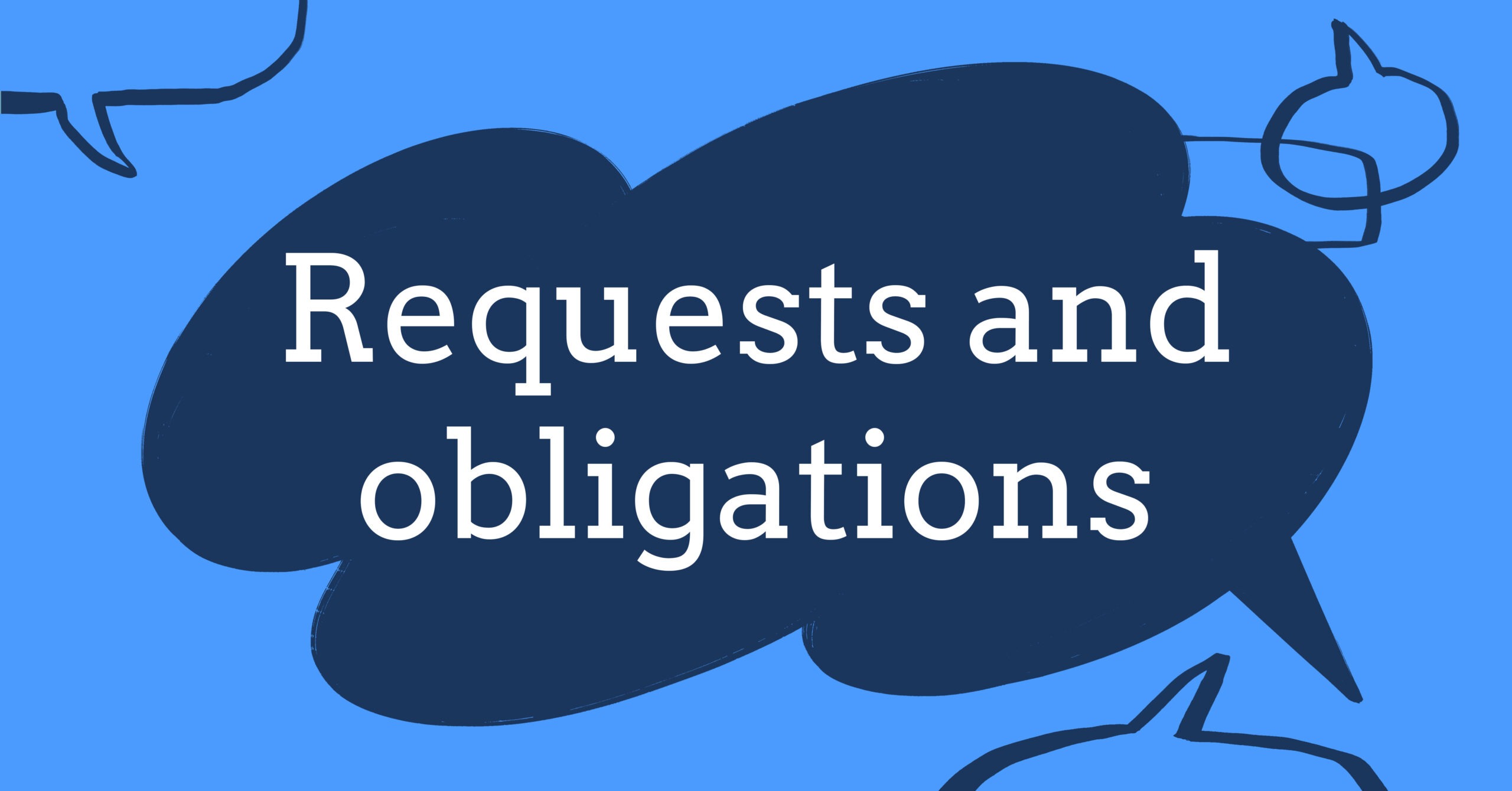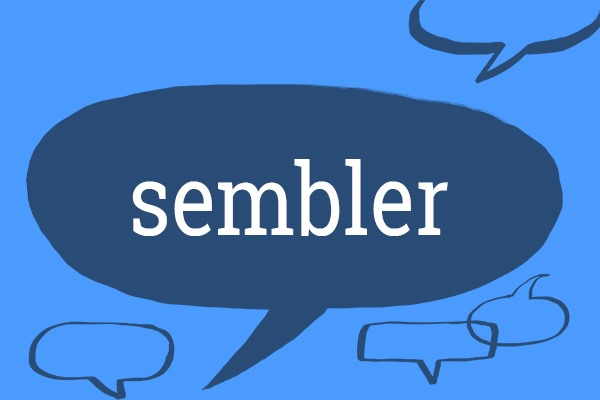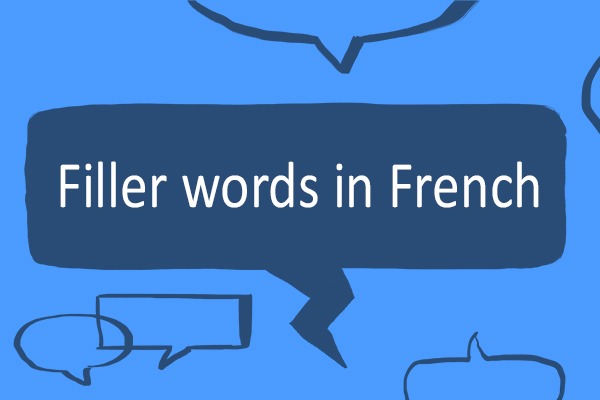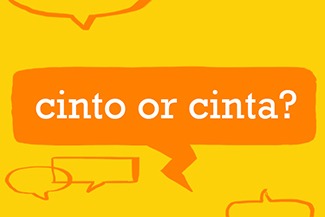In this edition of our French conversation blog, we’re taking a moment to think about asking for what we want versus what we need. While most of our readers certainly want to chat fluently in French, you must also have the skills, tools and knowledge to be able to do so. This blog looks at how we can use French verbs to express our desires to do or have certain things, as well as expressing a sense of obligation to do or have certain things. You’ll certainly encounter both kinds of expressions in various situations on your French-speaking travels.
First, we’ll look at how to express that you have to do something. Imagine you’ve just arrived at a dinner with some French friends in Toulouse, but get an urgent text from your work asking you to call them:
Je m’excuse. Il faut que je passe un coup de fil. Excuse me. I have to make a phone call.
The call is more serious than you thought – to the point where you’ll need to leave the dinner to sort it out:
Il faut que je parte… je suis désolé. I have to leave… I’m sorry.
After explaining the situation, your friends don’t want the evening to end yet. They say:
Il faut qu’on se rejoigne plus tard. À bientôt ! We have to meet up again later. See you soon!
You might have already noticed, but the expression we’re repeating here is il faut que followed by the present subjunctive. This comes from the verb falloir, an impersonal verb meaning to need to/ought to/have to.
Just like in English, there are multiple ways to express the sentiment of obligation or need in spoken French. These two are the most important and common structures you’ll come across in your French conversations:
- il faut que + présent du subjonctif (present subjunctive tense)
- devoir + infinitif (infinitive verb)
Just to make sure you know how to use them both, we’ve expanded each with an example below:
- Il faut que nous arrivions très tôt. We need to arrive really early.
- On doit prendre le bus au lieu du train. We must take the bus instead of the train.
For more information on the subjunctive, see our Easy Learning French Grammar page on forming the present subjunctive.
Now that we’ve covered verbs of obligation, let’s move on to requesting something you want. It’s time to imagine another scenario. You’re back at the restaurant in Toulouse that you had to leave earlier, and finally get around to looking at the menu:
Je veux essayer la cuisine française. I want to try French food.
You’ve finished the meal, but the ambience is so enjoyable that you want to stay out a bit longer!
Je veux inviter quelques amis pour boire un verre. I want to invite some friends to come for a drink.
The key structure for these two examples is the same: the verb vouloir (to want) followed by a verb in the infinitive.
To say that you ‘want someone to do something’, you can use a similar construction to ‘il faut que’ – je veux que, followed by the subjunctive:
Je veux qu’ils viennent au resto. I want them to come to the restaurant.
Now, what if you want to express the idea that you should do something, or that you would like to do something?
Fortunately, you can use the three verbs we’ve learned about – falloir, devoir and vouloir. However, you will need to recognise and know how to give the conditional form of the verb.
In our examples illustrating these usages, we’ll first look at how to express the idea that you should do something:
- Il faudrait que tu nous rendes visite à Lyon. You should come and visit us in Lyon.
- Je devrais partir avant qu’elles arrivent. I should leave before they arrive.
- On devrait chercher les clés. We should look for the keys.
Finally, we’ll look at how to say that you would like to do something:
- Je voudrais réserver une table, s’il vous plaît. I’d like to reserve a table, please.
- Je voudrais que vous vous asseyiez. I would like you all to sit down.
- Nous voudrions aller au cinéma demain soir. We would like to go to the cinema tomorrow evening.
Written by Holly Tarbet, freelance copywriter and editor.
All opinions expressed on this blog are those of the individual writers, and do not necessarily reflect the opinions or policies of Collins, or its parent company, HarperCollins.



